Tag: subsidies


Why is college so expensive?
January 19, 2024 | Post
To find out why college is so expensive and why student debt has reached crisis point, we need to dig deep into a maze of factors that ultimately leave the government with a lot to answer for.

How government subsidies encourage bad diets
January 18, 2024 | Post
If, like for most people, prices are an important factor in what foods you choose to buy, government subsidies have a significant impact on what ends up on your plate.
Walk down any aisle, and you’re likely to come across high-fructose corn syrup. This commonly used artificial sweetener owes its prevalence to government handouts to the corn industry. Generous subsidies enable the widespread use of high-fructose corn syrup, contributing to the overconsumption of sugary foods.

Grocery aisle garbage vs. free-market wellness: how food subsidies contribute to poor health
October 24, 2023 | Post
Time to peel back the oniony layers of the food industry according to free-market principles.
Our mission: to understand how market distortions such as food subsidies are contributing to poor health in America.
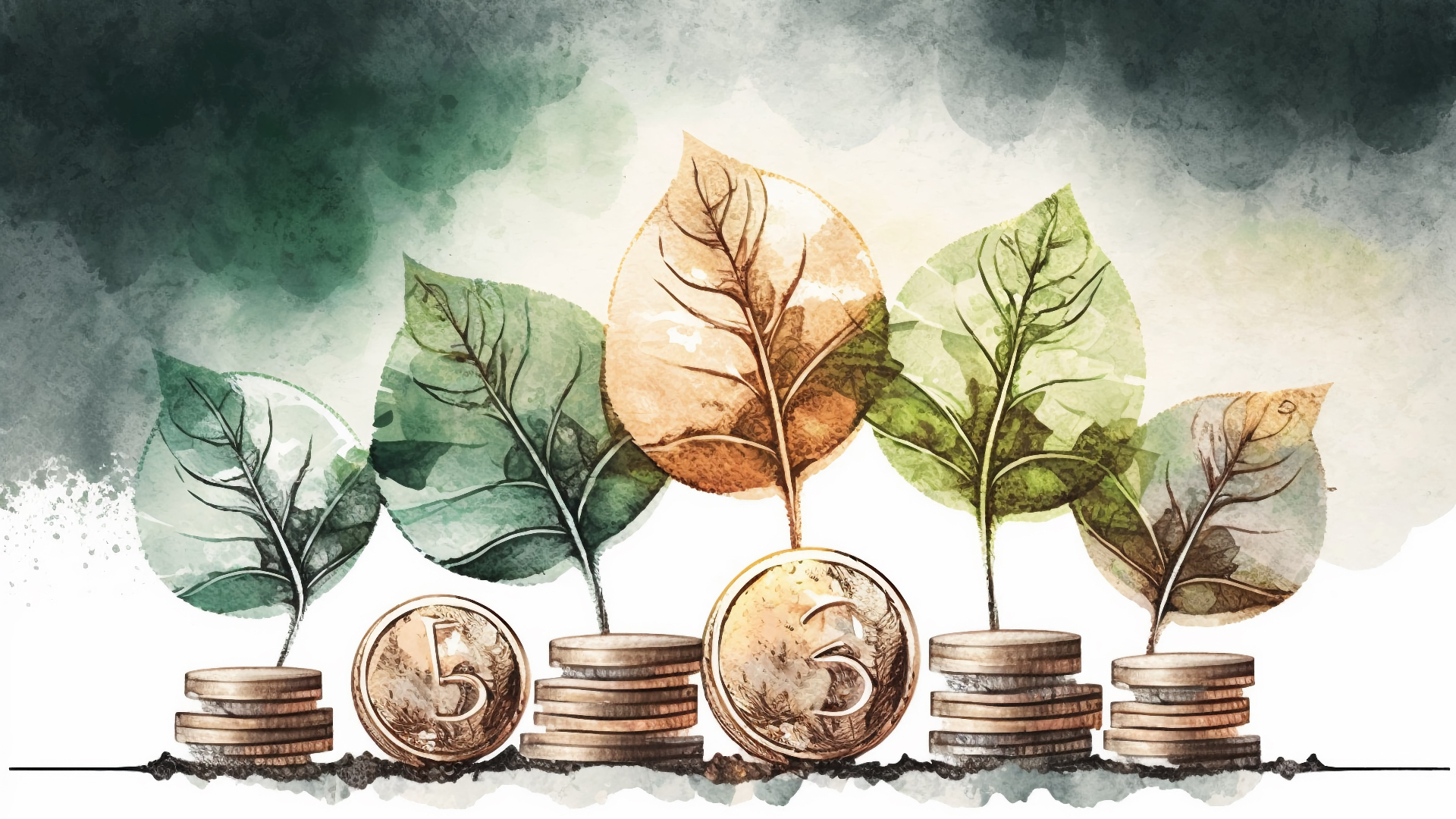
What is free-market environmentalism?
April 28, 2023 | Post
Free-market environmentalism combines the ideals of environmental protection with the principles of a free-market economy. It acknowledges that markets can provide powerful incentives for conservation and environmental stewardship, and that private property rights and contracts can be leveraged as tools to protect the environment. But how exactly does this work?

How the government is fueling the obesity epidemic
May 31, 2022 | Post
There is a more sinister reason for the overlap between junk food and cheap food. Government subsidies of the ingredients that are the hallmarks of unhealthy food are nudging Americans toward junk food and fueling the obesity epidemic.

42% of Americans Are Obese. Here’s Why.
May 25, 2022 | Video
Too many Americans are obese. And while some — both in and out of the U.S. — make fun of America and attribute its obesity epidemic to some moral failing, that ain’t it. There are many reasons why, according to the CDC, 42% of Americans are obese, but one of the clearest is the federal […]

Is the USA really the highest-taxed nation in the world?
October 6, 2017 | Post
President Trump has repeatedly claimed that the United States is the highest-taxed country in the world. The data people are using to fact-check him are misleading.

How the government makes natural disasters so much worse
September 11, 2017 | Post
Many of the most expensive flood and storm disasters in US history have occurred in recent decades. The glib response is to blame the severity of these catastrophes on climate change, but are we looking in the wrong direction?

The business case for supersonic overland
March 7, 2017 | Post
Wouldn’t a fleet of supersonic aircraft overland create intolerable sonic booms that would rattle windows and scare livestock?

Do colleges have an edifice complex, an amenities arms race, or both?
January 7, 2017 | Post
College construction has focused more on creating non-academic than academic space, and about half of all college space today is for non-academic use.
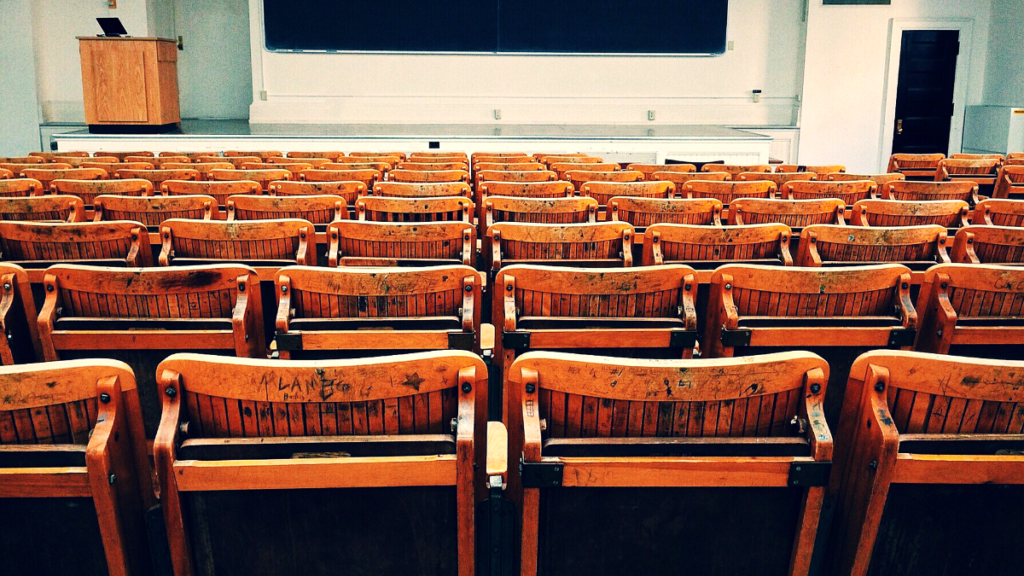
Making college “free” will only make it more expensive.
January 3, 2017 | Post
Making higher education free of charge won’t make it free to provide.

Solar energy can’t survive without massive subsidies
October 30, 2016 | Post
Solar power can only survive with an army of lobbyists dedicated to securing millions in taxpayer dollars.

How a 19th century French pamphleteer preempted two centuries of economic fallacies
October 18, 2016 | Post
Frederic Bastiat lived a prolific life and left an even grander legacy.

Let’s tax the iPhone to save BlackBerry
October 13, 2016 | Post
It’s not BlackBerry’s fault the Apple iPhone has become the go-to smartphone for consumers worldwide.

Elon Musk is no capitalist hero, but he’s no Bond villain either
October 9, 2016 | Post
Musk brings to the conversation a vision of changing how we get around, how we power what gets us around, and where we live. In so doing, he is working to address some of the most important challenges facing our species.
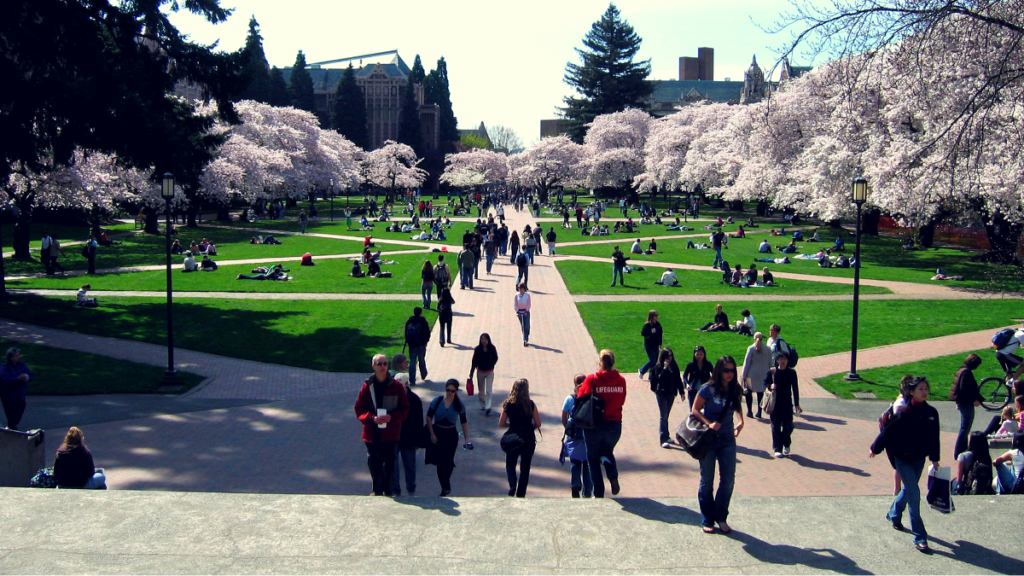
What If #FreeCollege Actually Hurts The Very Students It Is Supposed to Help?
October 5, 2016 | Post
Trump and Clinton are likely to look at this question. So does a new study.
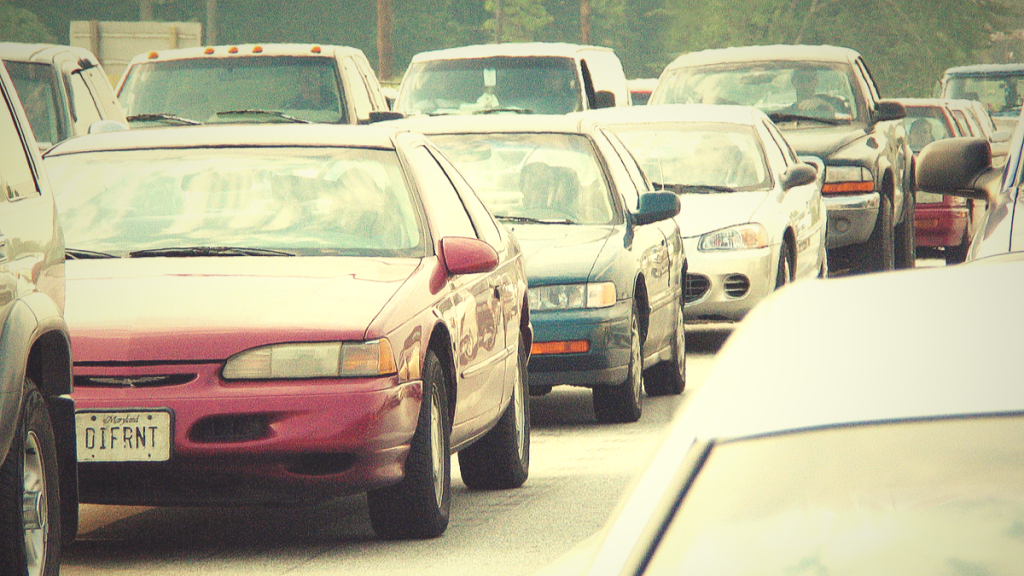
Is Mobility a Right or a Privilege?
October 1, 2016 | Post
Rather than invent new human rights, people who are concerned about poverty should first ask what kind of barriers government creates that prevent social mobility. Those barriers should all be removed before any thought is given to taxing some people in order to give money or resources to others.
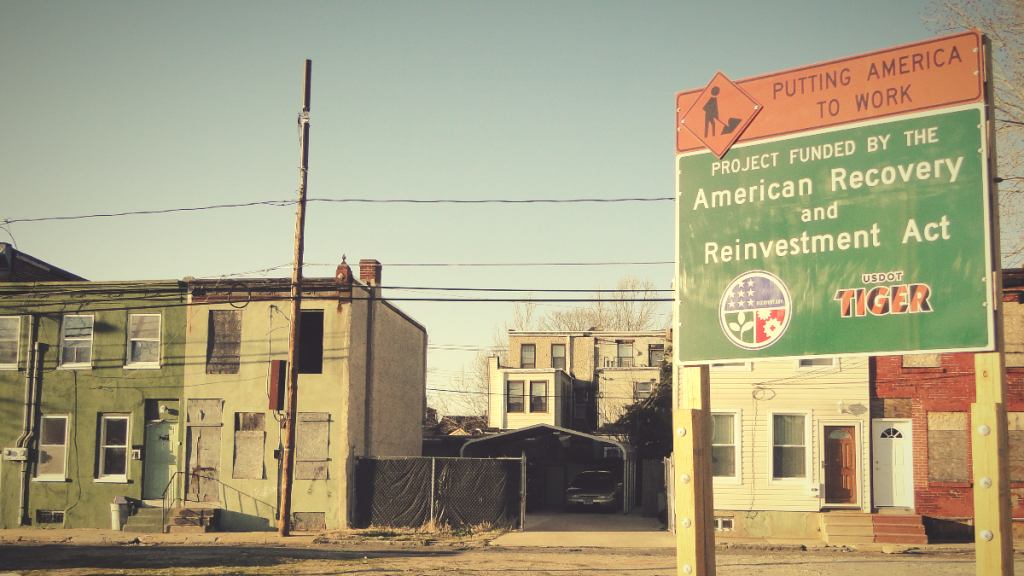
When Jobs Kill Wealth
September 4, 2016 | Post
A focus on jobs missing the forest for the trees. We should be focused on creating wealth, not maximizing employment.

Obscure Economic Theory Explains Why Your Taxes Subsidize Unpopular Special Interest Groups
August 24, 2016 | Post
Public Choice Theory provides a window into the incentives of government, providing insight into how and why bad and unpopular policies stay in place.

The Welfare Cliff and Why Many Low-Income Workers Will Never Overcome Poverty
August 24, 2016 | Post
Policies backed with even the best of intentions can still have detrimental effects on those they aim to help. The “Welfare Cliff” is one such example.
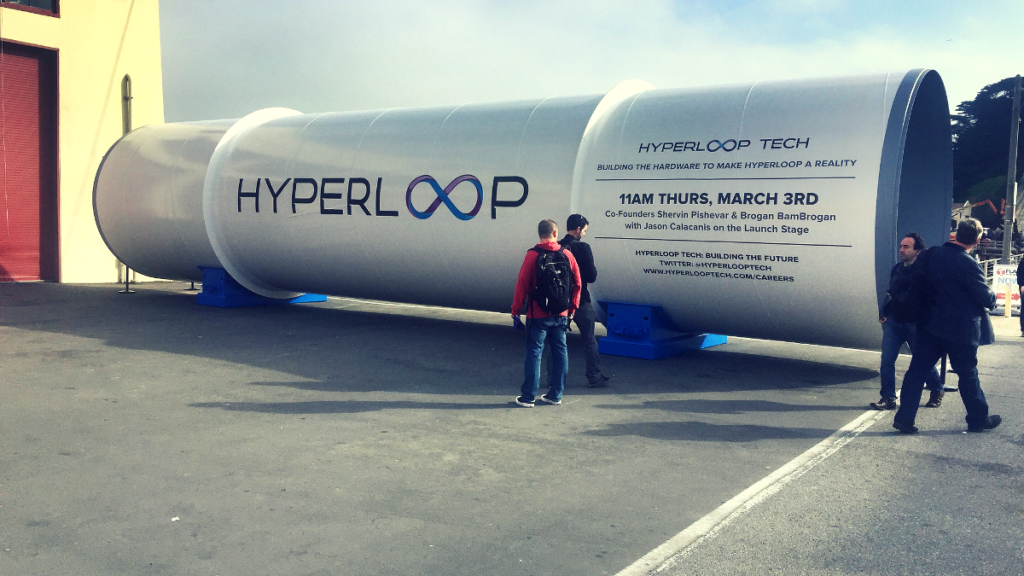
U.S. Secretary of Transportation: We Have a “Responsibility” to Subsidize the Hyperloop
July 15, 2016 | Post
Elon Musk’s hyperloop project seems well on its way from vision to reality. For a little bit of context: Billionaire Elon Musk began designing the hyperloop out of frustration with the California High Speed Rail System, which is still under development but is promising to be one of the slowest, most expensive bullet trains in the […]

Ethanol: Why is there corn in your car?
April 15, 2016 | Post
In 2012, we released a video answering the question, “Why is there corn in your Coke?” Now, Jared Meyer sat down with Robert Bryce, an energy policy expert at the Manhattan Institute, to answer the question, “Why is there corn in your car?” The corn in your car—or rather, the corn you put into your […]

Your City Probably Doesn’t Need a Government-Financed Stadium or Convention Center
February 22, 2016 | Post
The first time I ever voted, I voted badly: I voted for a plan to use government money to build a soccer stadium and hockey arena in Columbus, Ohio, where I grew up. A few months later, I moved to Tuscaloosa to start college. Along the way, I stopped in Birmingham for a few days […]
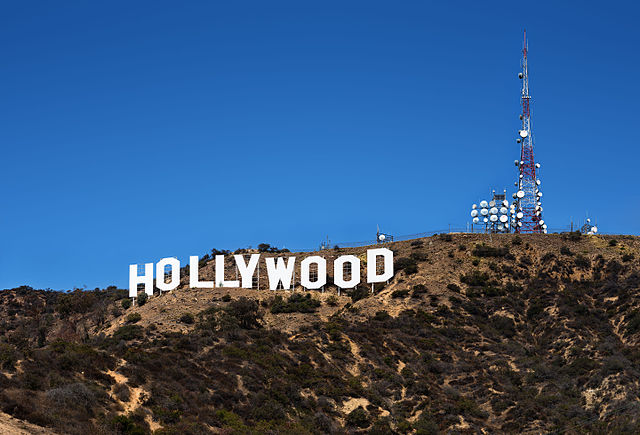
Did you know Hollywood blockbusters are often subsidized by government?
December 24, 2015 | Post
States compete with each other to attract film studios with subsidies that make the cost of filming cheaper. While politicians sell these subsidies as good for economic development, they often cost taxpayers quite a bit of money. This is one of the reasons that many shows and movies which take place in Washington, D.C., like […]

